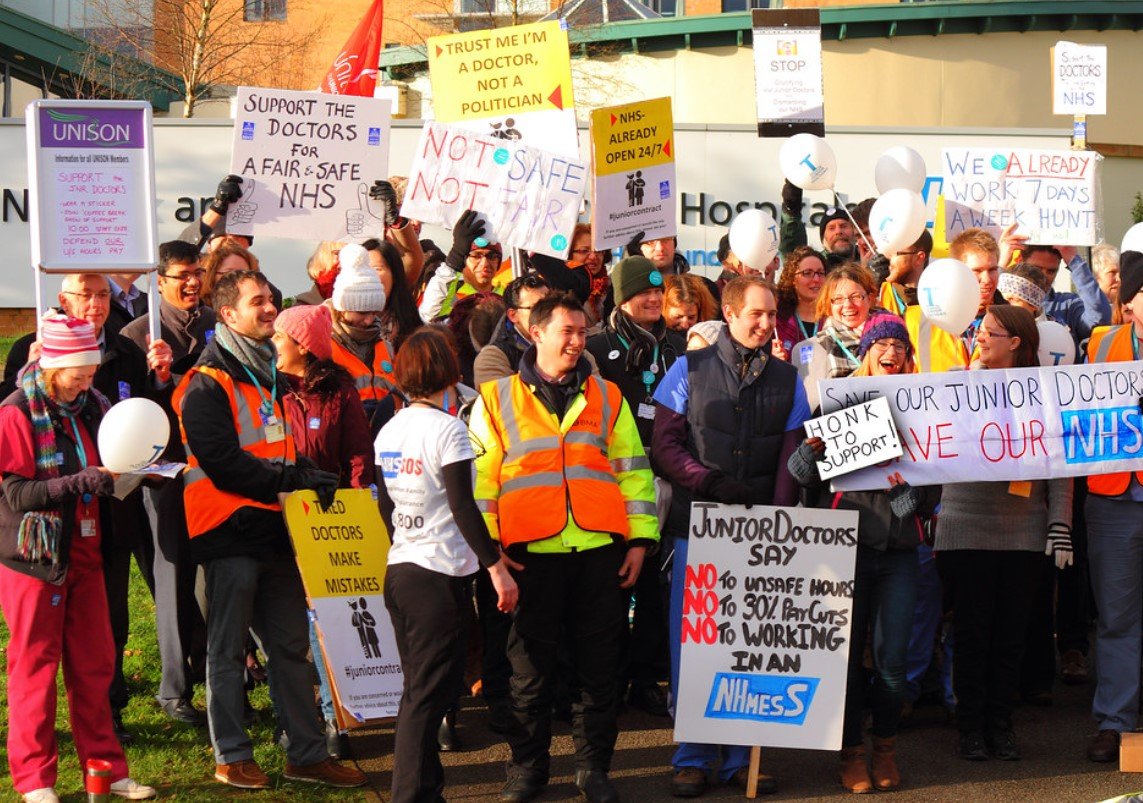In an unprecedented show of unity and support, senior doctors across South Korea are set to resign en masse, aligning themselves with the junior medics’ walkout. This collective action underscores a deep-seated frustration with government reforms perceived as detrimental to the medical profession and patient care.
The Heart of the Protest
The crux of the issue lies in the government’s proposal to increase the number of medical students, a move intended to address doctor shortages. However, the medical community argues that this would only exacerbate the problem of overworked and underpaid junior doctors, without effectively tackling the root causes of the shortage.
Senior doctors have expressed solidarity with their junior counterparts, emphasizing that the quality of healthcare and medical education is at stake. They argue that the proposed increase in student numbers would dilute the quality of training and ultimately lead to a decline in patient care standards.

The Ripple Effect on Healthcare
The walkout has had a tangible impact on healthcare services, with reports of delayed surgeries and treatments. The government’s response has been to order junior medics back to work or face legal consequences, further inflaming tensions within the medical community.
The senior doctors’ decision to resign is a significant escalation in this standoff, signaling a crisis point that could disrupt the healthcare system even further. It raises questions about the sustainability of current policies and the future of healthcare in South Korea.
A Call for Dialogue and Resolution
The situation calls for urgent dialogue between the government and the medical community. There is a clear need for solutions that address both the immediate concerns of the medical professionals and the long-term health needs of the nation.
As the deadline for the mass resignation approaches, all eyes are on the government’s next move. Will it lead to a breakthrough in negotiations, or will it push the healthcare system into deeper turmoil?








